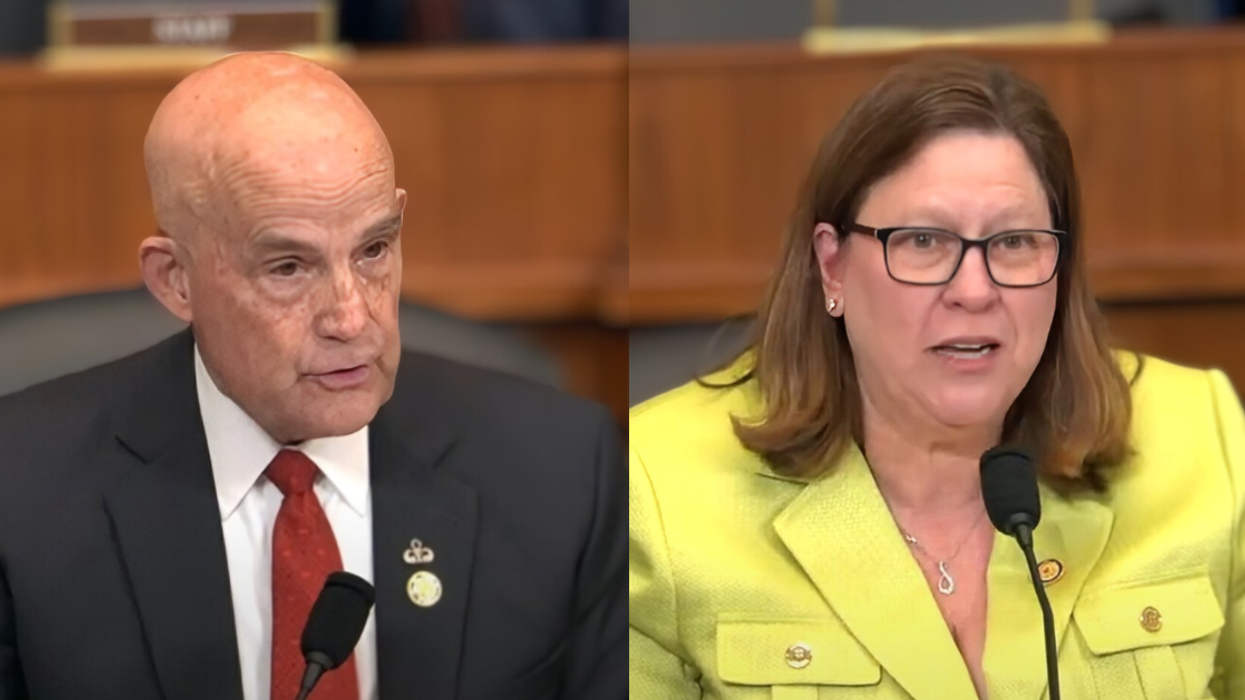The English language isn't a static thing; it grows and evolves over time.
New terms for social trends, common acronyms, and new terms that help people describe themselves and their experiences come into use all the time.
Dictionaries have to adapt to the changes in the language so they regularly add new words, or update definitions of existing words, to reflect how the language is being used.
This year's over 300 additions to Dictionary.com's database included a large number of terms relating to human identity, and inclusion and empowerment within that identity.
From their blog post about the additions:
"Our newest additions also spotlight more inclusive and empowered identity and cultural terms that have gained traction in recent years."
"One of the most visible themes in our latest round of additions concerns the visibility of marginalized groups."
Recognition of gender-neutral terms was key to this effort.
Latinx (adjective/noun): of or relating to people of Latin American descent (used in place of the masculine form Latino, the feminine form Latina, or the gender-binary form Latin@ )
Chicanx (adjective/noun): of or relating to Mexican Americans or their culture (used in place of the masculine form Chicano, the feminine form Chicana, or the gender-binary form Chican@ )
Human sexuality and relationships are complex; new terms act as a framework help us to understand who we are and communicate that to others. People who aren't interested in a romantic relationship (but who could still be interested in physical intimacy) might describe themselves as aromantic.
Aromantic (adjective): noting or relating to a person who is free from romantic attraction to anyone or free from the desire for romantic love.
Terms for self-descriptions weren't the only new identity-related words. Descriptors for far more problematic realities were also recognized.
Colorism (noun); differential treatment based on skincolor, especially favoritism toward thosewith a lighter skin tone and mistreatmentor exclusion of those with a darker skintone, typically among those of the sameracial group or ethnicity.
On a more positive note, Afrofuturism also made the cut. Coined by author Mark Dery in his essay Black to the Future, the word came into prominence in recent months largely thanks to the success of Marvel's Black Panther.
Afrofuturism (noun): a cultural movement that uses the frame of science fiction and fantasy to reimagine the history of the African diaspora and to invoke a vision of a technically advanced and generally hopeful future in which black people thrive: this movement is expressed through art, cinema, literature, music, fashion, etc.
Several terms related to politics and power-differential were also recognized.
As frank discussions about privilege, and recognition of the problematic behaviors it can cultivate, become more widespread, several terms have become commonly used.
Whitelash (noun): a hostile or violent reaction by white people to the advances or influx of other racial or ethnic groups.
Dictionary.com noted that neither the term whitelash, or its effects, are a new thing. It was first recorded between 1965-1970.
Two other newly added words are often just two sides to the same coin: white guilt and white fragility.
White Guilt (noun): the feelings of shame and remorse some white people experience when they recognize the legacy of racism and racial injustice and perceive the ways they have benefited from it.
White Fragility (noun): the tendency among members of the dominant white cultural group to have a defensive, wounded, angry, or dismissive response to evidence of racism.
There were some additions from the technology side of things as well. Shitposting is a form of trolling many people are familiar with, but may not have known there was a word for.
Shitposting (verb): the act of posting off-topic, false, or offensive contributions to an online forum with the intent to derail the discussion or provoke other participants.
Other trolling-related words added included virtue signaling (something trolls love to accuse people of doing) and the rather perplexing portmanteau of crybaby + bully, crybully.
Virtue Signaling (noun, sometimes disparaging): the sharing of one's point of view on a social or political issue, often on social media, in order to garner praise or acknowledgment of one's righteousness from others who share that point of view, or to passively rebuke those who do not.
Crybully (noun): a person who self-righteously harasses or intimidates others while playing the victim, especially of a perceived social injustice.
On a lighter note, a very common term is, quite surprisingly, just now making it into the dictionary: dad joke.
Dad Joke (noun, informal): a corny and generally unfunny joke reminiscent of the types of remarks made by middle-aged or elderly fathers to their children.
Everyone's favorite interjection for awkward situations is now official too.
Welp (interjection, nonstandard): an informal variant of well used to indicate disappointment, resignation, or acceptance at the beginning of an utterance.
As this list of our favorites draws to a close, we promise you we're not rage quitting.
Rage Quit (verb): (especially of a video game) to abandon (an undertaking) in a fit of frustration, especially after near success or abrupt failure following a significant investment of time and effort.
Who said vocabulary can't be fun?
















